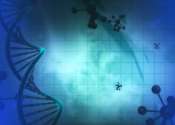LHC celebrates five years of not destroying the world
Five years ago, at breakfast time, the world waited anxiously for news from CERN, the European Organization for Nuclear Research. The first nervy bunch of protons were due to be fired around the European lab's latest and ...








